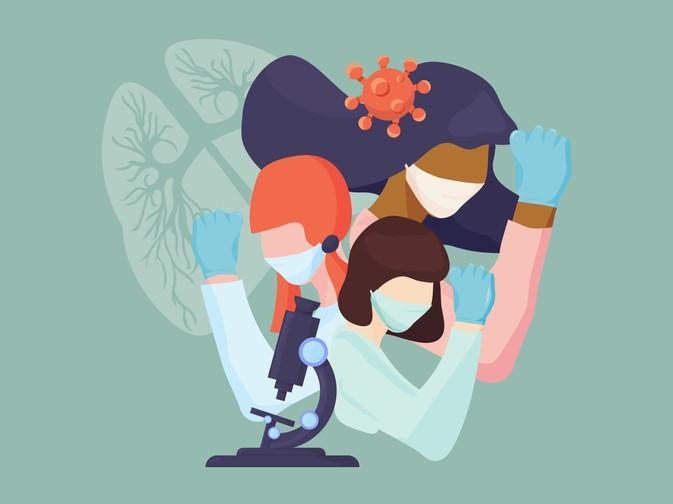
Difference matters – and embracing it can change the world for all women

As a university president, it sometimes surprises people to hear that I did not always envision a career in academia. In fact, I studied nursing originally and my professional career started as a nurse at a large hospital that served the inner city.
I’ve had an incredible amount of support over the years. But there have been times when people looked at my history, my career path – and yes, my gender – and made assumptions about me. They assumed someone who began their career as a nurse couldn’t become a university president or that my leadership style wouldn’t lend itself to running a large organisation.
- How to promote disabled women in academia
- How can universities disrupt the gender investment gap?
- The power of gender-sensitive mentoring
This International Women’s Day, I want to share some reflections on why I think my lived history and experience makes me better at my job – why I think that difference matters.
Ignore difference at your peril
People sometimes get uncomfortable with the idea that difference matters. They assume that focusing on our differences pushes people apart instead of bringing them together.
I think that viewpoint misses a part of the picture.
Although we share much in common, everyone brings different intersections of identity and experience to their lives. It is those differences that make us better teachers, researchers and innovators.
When I was scientific director for the Institute of Gender and Health at the Canadian Institutes of Health Research, I was constantly reminded that paying attention to sex and gender differences results in better research.
Take research trials on new drugs. Historically, trials were conducted on male animals and humans because scientists had trouble accounting for hormone fluctuations in females. Rather than addressing this difference, researchers chose to ignore it. Unsurprisingly, some of these new drugs created “unexpected” problems for women and had to be removed from the market.
So when I say that difference matters, I mean that ignoring difference creates worse results for everyone, across all fields and professions. But I also mean that our differences – the unique parts of us that we bring to every role in our lives – matter too.
Which brings me to some reflections on my time at SFU.
Embrace the skills that set you apart
I was appointed president of Simon Fraser University in September 2020 in the heart of the Covid-19 pandemic. And during those early, difficult months of my presidency, I found myself leaning on skills I developed in nursing school.
As a nurse, I learned to listen to the needs of my patients, to work under highly stressful situations and to apply my critical thinking skills through the Nursing Process. I still use this approach to solving problems today.
It turns out that my different path to becoming a university president gave me tools that make me a better leader, while empowering me to make positive changes at my organisation.
Build a culture that celebrates difference
At the outset of my presidency, I established three priorities for the university: reconciliation, transforming the student experience and advancing equity, diversity and inclusion (EDI). That final priority was important to me because it was personal. As a member of the queer community, I was deeply affected when Delwin Vriend was fired from a college in Alberta in 1991 because of his sexual orientation. I was a graduate student at the time and I questioned whether there was a place for me in academia.
As one of few female presidents of a research-intensive university in Canada, I want to use my time in this role to build a community where difference is celebrated and valued instead of something to be afraid of.
I am proud of the progress we are making with the hiring the university's first vice-president for people, equity and inclusion, the development of our equity office and a renewed commitment to a more equitable and inclusive campus environment.
It has not always been easy. But I don’t ever want a student at our institution to feel the way I did in 1991, so I keep pushing. And I hope that my lived experience and deep personal commitment is moving us forward while also showing that leaders can emerge from different circumstances and backgrounds.
Because now more than ever, at this time of extreme polarisation and uncertainty, we need to build a culture where we embrace difference. It makes us better students, colleagues, parents, teachers and community members. It helps us resist the societal narrative that leadership is reserved for certain types of people, with certain types of experience.
If we can work together to support each other, uplift the women in our lives and embrace difference as a value to be celebrated and nurtured, then I truly believe we will see a change – not just on International Women’s Day, but every day.
Joy Johnson is president and vice-chancellor of Simon Fraser University.
A version of this article was originally posted to LinkedIn.
If you would like advice and insight from academics and university staff delivered direct to your inbox each week, sign up for the Campus newsletter.
Additional Links
See our International Women’s Day spotlight for more advice and resources from women leaders in higher education.


